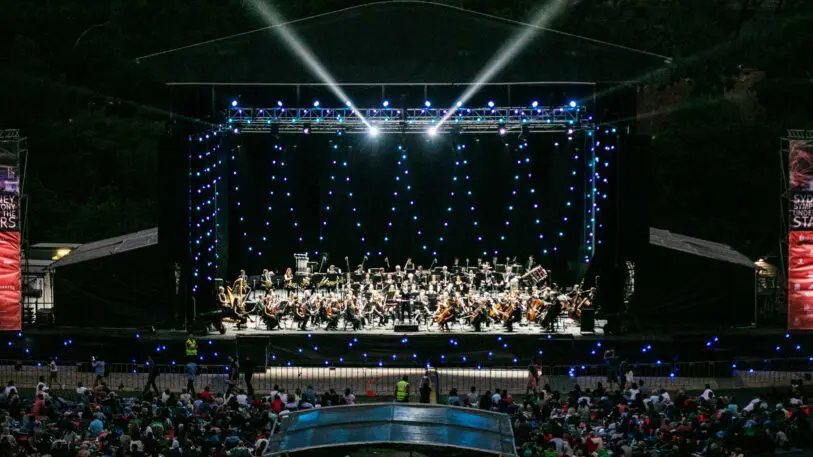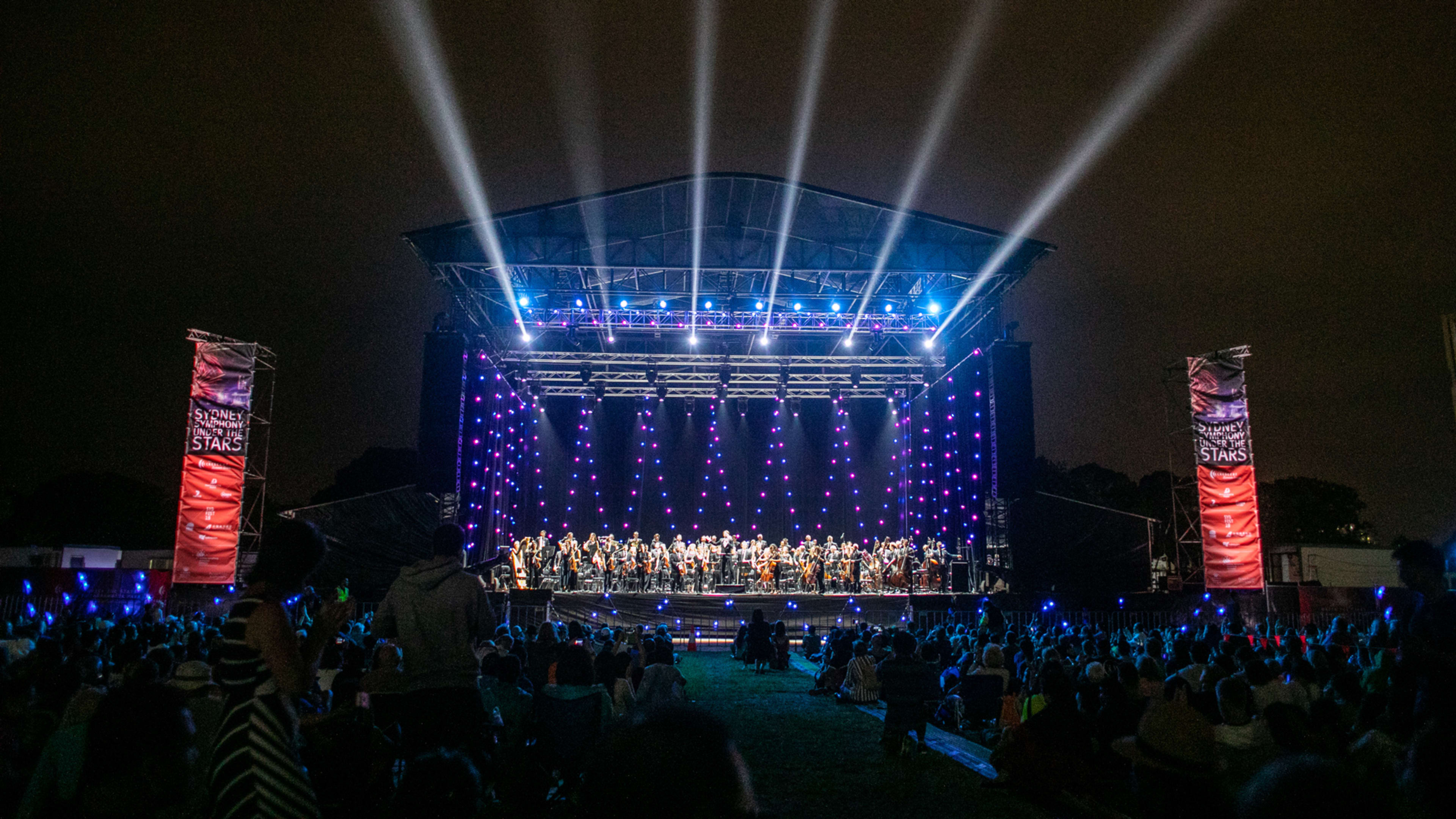Vivaldi’s classic series of concertos, The Four Seasons, is a musical representation of the stable climate that humans have existed in for the last 10,000 years, from predictable rainstorms in the spring to successful harvests in the fall. A new series of compositions tweaks the concertos—originally written in 1723—for the evolving new normal of climate change.

The first new variation on the piece, The [Uncertain] Four Seasons, will be performed by the Sydney Symphony Orchestra on January 12, with a score composed to represent the potential experience of living in Sydney in 2050. The team used an algorithm to generate hundreds of local versions of the concertos based on changes in extreme weather and biodiversity predicted in the worst-case scenario for greenhouse gas emissions from the UN’s Intergovernmental Panel on Climate Change. (An earlier version, based on historical climate data, was performed in Hamburg in 2019.)
Like the original music, some of the representation is fairly literal: Instead of hearing strings play what sounds like a thunderstorm once, you might hear it repeatedly, illustrating the extreme rainfall that some cities will experience. Much of the score, though, is meant to evoke the feeling of each season. Vivaldi’s “Spring” was intended to be joyful; the new version sounds discordant. A passage in “Summer” that originally represented a peasant peacefully napping in the afternoon is now syncopated and tense, an anxiety-filled dream in a time when wildfires, hurricanes, food insecurity, and other disasters will become increasingly common.
In the most extreme example, there’s no music at all. The composition for Shanghai is silent. If emissions grow at the highest levels, the low-lying city is likely to be underwater by 2050, displacing millions of people. “We changed all the notes to rest, meaning that nothing is played, because there will be no people there to cultivate the culture,” says Devine.
After the performance in Sydney, the team plans to work with orchestras in each city to perform other local versions. “That’s how we thought we could connect with local areas,” he says. “The best change happens from within your local community, to really connect people with their own circumstance, and then that sort of ladders up, and then change happens through government.” Ultimately, they’re hoping to create more pressure for COP26, the United Nations Climate Change Conference in November, where countries will set crucial goals for cutting emissions.
Recognize your company's culture of innovation by applying to this year's Best Workplaces for Innovators Awards before the extended deadline, April 12.
